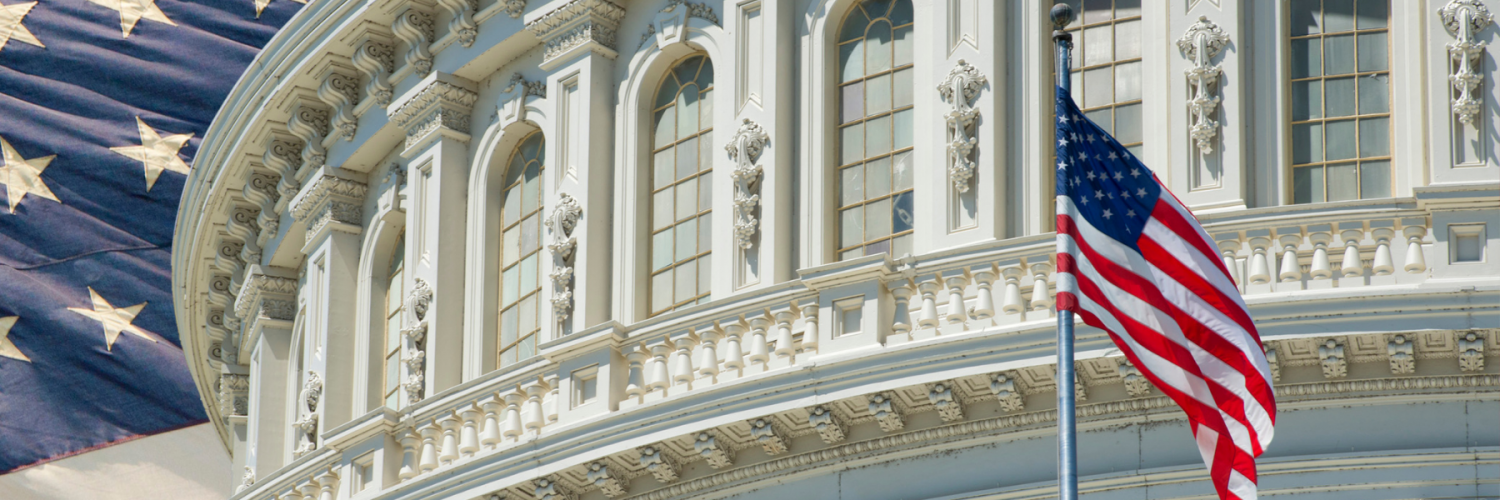President Joe Biden has proposed an increase in the United States’ Global Intangible Low-Tax Income (GILTI) tax, which applies to a category of foreign income for U.S. multinational businesses.
The proposed American Jobs Plan Act would raise the GILTI tax “from 10.5 percent to 21 percent, calculate GILTI on a per-country basis, and eliminate the exemption of the first 10 percent return on foreign qualified business asset investment (QBAI).”
A study produced by the Seidman Institute at Arizona State University’s W. P. Carey School of Business and Ernst & Young’s Quantitative Economic and Statistics Team (QUEST) concludes that an international tax increase on U.S. multinational companies operating in Arizona could create substantial economic uncertainty—and place up to 47,000 Arizona jobs at risk over the next five years.
The GILTI tax “is specifically targeted at the income earned by foreign affiliates of those companies from intangible assets including intellectual property such as patents, trademarks, and copyrights,” according to the study.
More than 260 businesses operating within the state of Arizona could face negative consequences as a result of the proposed tax hike.
Job losses and economic impact
The study released by the Seidman Institute and QUEST calculates both low- and high-impact scenarios for the proposal’s effect on Arizona’s economy.
The worst case scenario for the Arizona economy is that it loses 42,569 jobs in year one, which will increase to 46,872 in year two, and taper down to 46,452 in year three. Additionally, the state’s GDP would be negatively affected by $5,056,200,000 in the first year, grow to $5,883,000,000 in the second year, and swell up to $6,387,000,000 in year three.
While this does not mean that the state’s GDP would lose that much in GDP growth annually, each year the total negative impact of the tax increase on GDP would increase. The same goes for job losses. Each year’s numbers are cumulative.
The best case scenario for the Arizona economy is that it loses 2,326 jobs in year one, increasing to 2,555 in year two, and going down slightly to 2,532 in year three. The state’s GDP would be negatively impacted by $276,700,000 in the first year of its implementation, grow to $321,400,000 in year two, and grow once again to $348,900,000 in year three.
Once again, each year’s numbers are already cumulative.
Dr. Timothy James, director of research and consulting at the Seidman Research Institute, told Chamber Business News that if the GILTI tax increase is implemented, it will negatively impact Arizona’s economy. A higher tax on foreign income exploited for intellectual property — which is the category of income that the GILTI tax applies to — will affect companies’ investment decisions.
Industries and businesses that are more dependent on intellectual property would be disproportionately affected by the policy. It won’t be the “Fords and GMs of the world” that are impacted, but tech- and software-related companies, said Dr. James. That’s because more of their foreign income is likely to be taxable under the GILTI tax.
Arizona’s post-COVID recovery
As Arizona recovers from the COVID-induced pandemic, leaders across the state are intent on keeping the momentum going. Among the top strategic objectives of Gov. Doug Ducey’s administration and pro-business leaders across the state has been the maintenance and acceleration of Arizona’s economic competitiveness.
“The Biden administration should be looking for ways to accelerate and sustain the post-pandemic economic recovery,” Arizona Chamber of Commerce & Industry President and CEO Danny Seiden said. “A new tax increase that creates a drag on overall GDP growth is not only the wrong policy move, but it couldn’t come at a worse time. Congress should reject this proposal.”
















Add comment